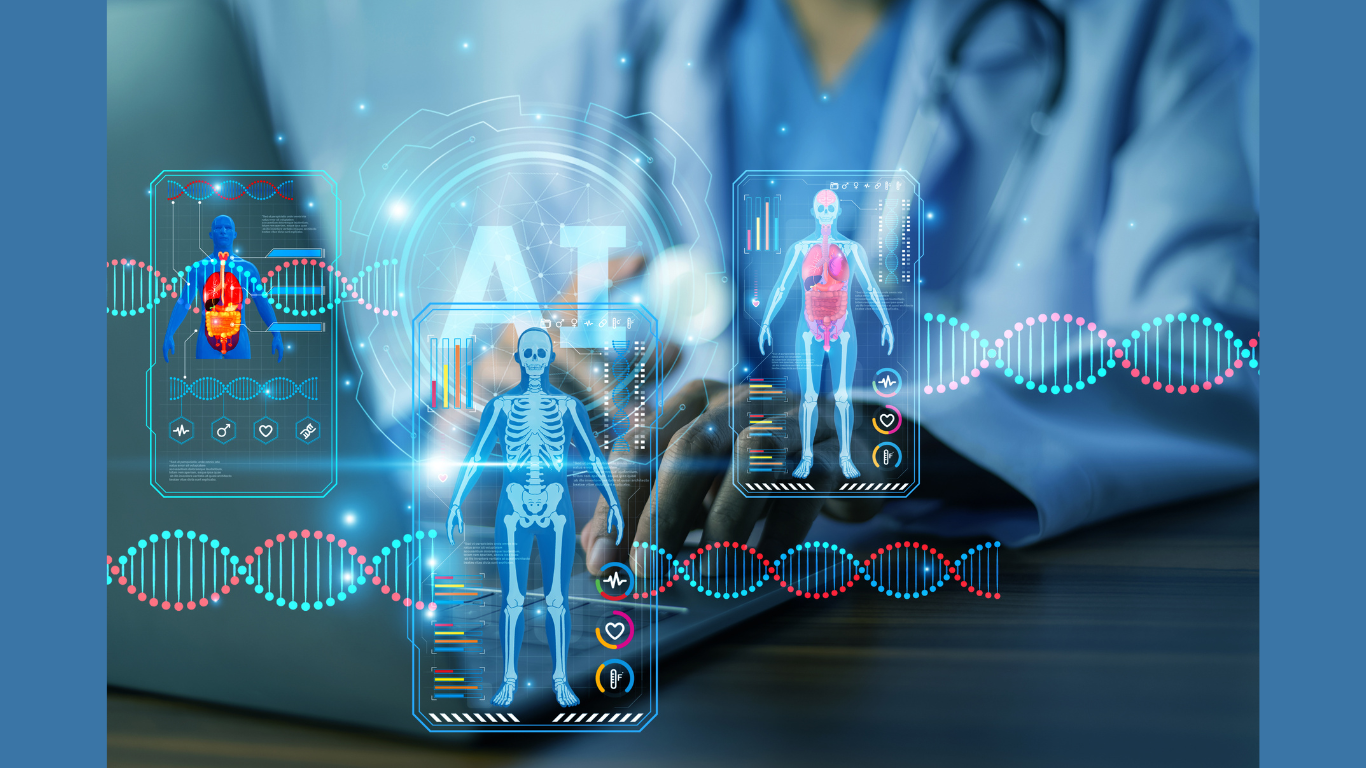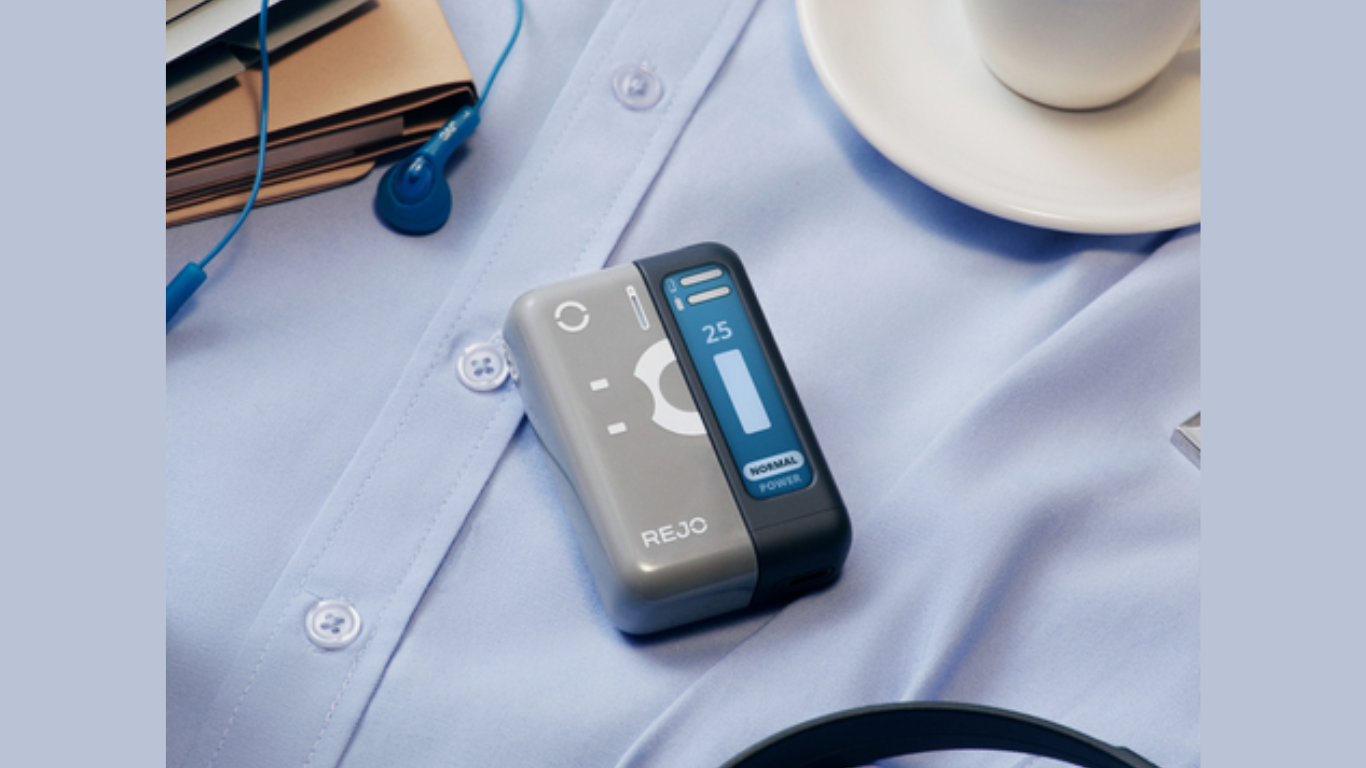Advances in artificial intelligence and automation have recently led to exceptional developments in healthcare. This process is transforming the effectiveness of services, increasing their accuracy, and streamlining operational processes. Today, we will discuss the various ways in which AI and automation are transforming healthcare operations.
Enhancing Diagnostic Accuracy
AI significantly impacts health care, and one of its significant contributions is increased diagnostic accuracy. ML algorithms can sift through large volumes of medical data, spotting patterns humans may not detect. Such a capability helps in the early detection of diseases such as cancer and heart disease, resulting in timely treatment and better health outcomes. You can explore solutions that focus on healthcare process automation. to improve patient outcomes.
Streamlining Administrative Tasks
Due to automation, administrative management processes in healthcare facilities have transformed. Appointment scheduling, billing, and patient records can all be automated, easing the load on staff. This shift allows for a heightened focus on patient care delivery and enhances efficiency and processes within healthcare systems.
Personalizing Patient Care
AI analyzes unique health data to provide patients with personalized treatment plans. Predictive analytics can inform healthcare providers about potential health issues based on a patient’s history, allowing them to anticipate and prevent these problems. Such an approach satisfies the patients and also encourages better healthcare.
Improving Treatment Outcomes
AI can optimize treatment plans based on data-driven insights. AI can push recommendations for the best therapies tailored to the DNA and lifestyle of an individual. It is a precision medicine approach with a unique treatment for each individual, which will minimize the trial-and-error in treatment phases, leading to faster recovery and fewer side effects.
Supporting Clinical Decision-Making
The contribution of AI in supporting clinical decision-making offers healthcare providers a valuable tool to assist them with clinical decision-making. AI processes massive datasets at a speed humans cannot match, quickly delivering evidence-based recommendations that add clarity and validity to doctors’ decision-making processes. The support improves the quality of care and decreases the risk of human error.
Optimizing Resource Allocation
Healthcare is a setting in which the efficient allocation of resources is paramount. Automation facilitates predicting patient admission rates and the resources required, and optimizes staff scheduling and supply management. This foresight enables facilities to manage patient volumes effectively, reducing waiting times and enhancing service delivery.
Advancing Telemedicine
The advancement of AI and automation also accelerated the adoption of telemedicine. Such technologies provide an opportunity for away-from-home patient observation, where a health care provider can offer an assessment anywhere in the world. With the help of AI-powered tools, data from wearable devices can provide immediate information regarding a patient’s health.
Enhancing Patient Engagement
AI and automation also help enhance patient engagement by opening avenues of interactive platforms for communication. They can respond to patient questions, send out reminders about medications, or offer healthy living advice. Such interactions help develop a proactive attitude towards health management, encouraging patients to engage in their health management process actively.
Ethical Considerations
The ethical implications of AI in healthcare must not be neglected. AI used in healthcare must make medical ethical decisions following the principles of fairness and explainability. Therefore, we need continuous monitoring and evaluation of AI applications to avoid biases and treat all patients equally.
Future Prospects
AI and automation are a peek into the future of healthcare. With ongoing advancements in these technologies, a greater potential for transformation in patient care and operational efficiency is on the horizon. However, research, tech developers, and healthcare providers will continue to make equal strides when, if ever, this changes.
Conclusion
However, AI and automation are also changing many aspects of healthcare operations, like making diagnoses more accurate and improving patient engagement. This has its challenges, but if successful, the upside is significant. Adopting these technologies will make the delivery more time-saving, customized, and cost-effective. Furthermore, it leads to a highly efficient healthcare system that enhances patient outcomes and satisfaction.
Blog received via Mail































